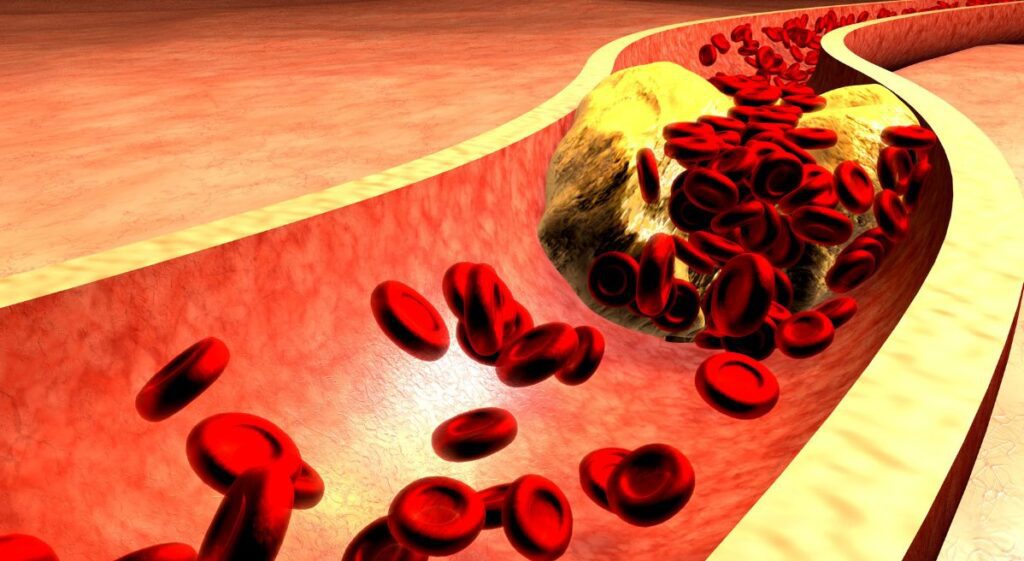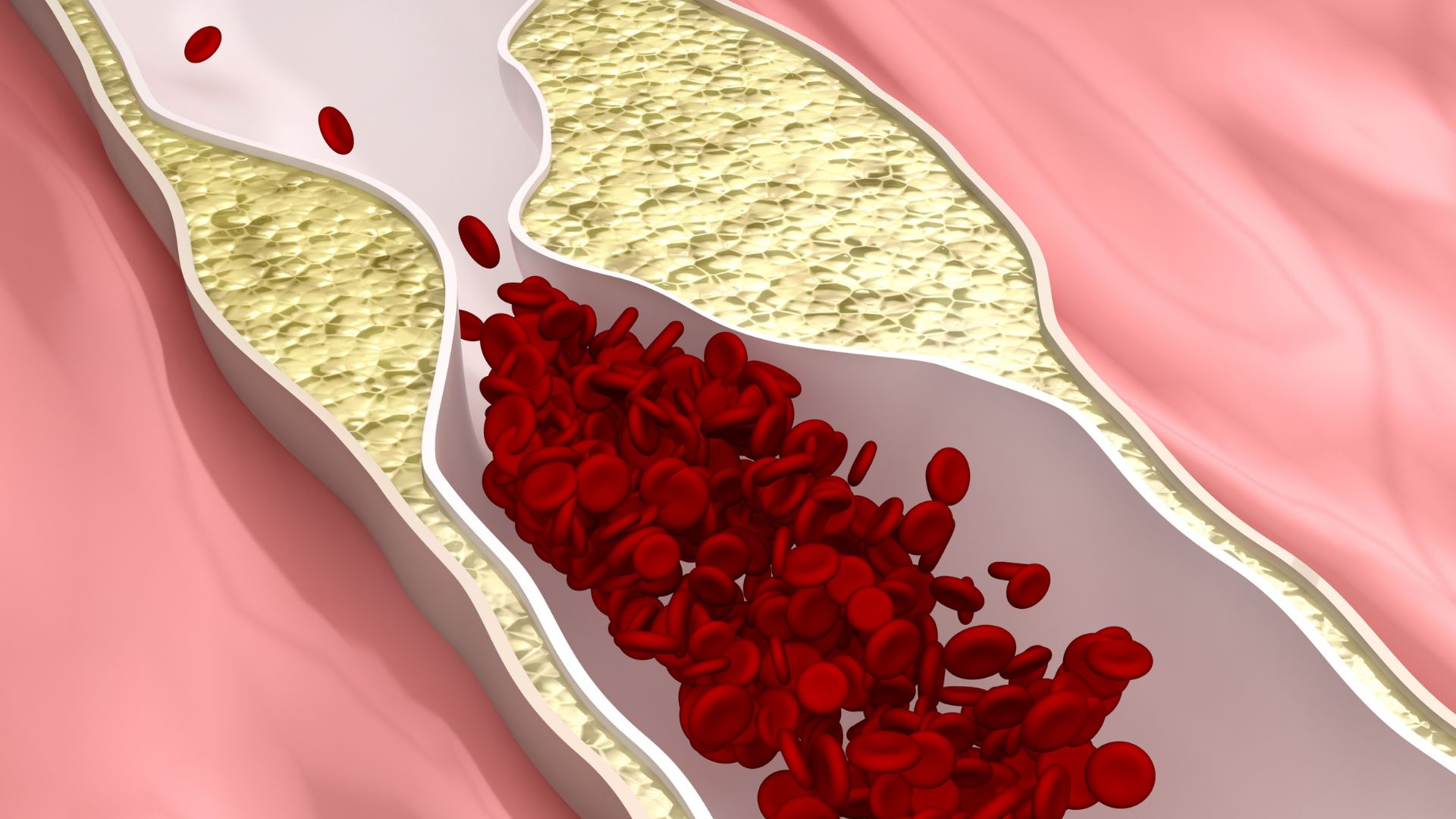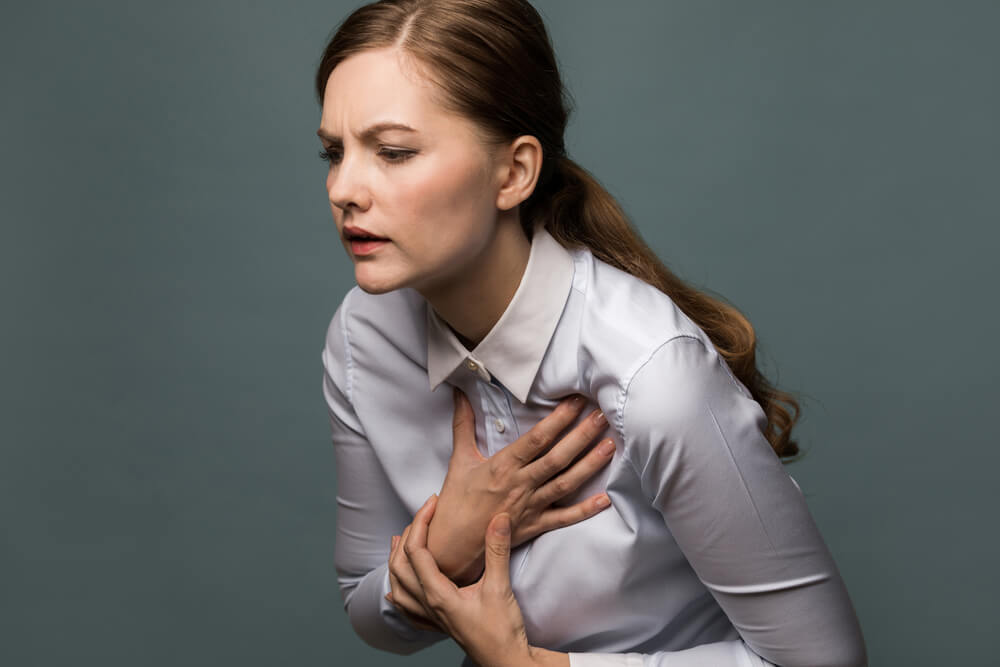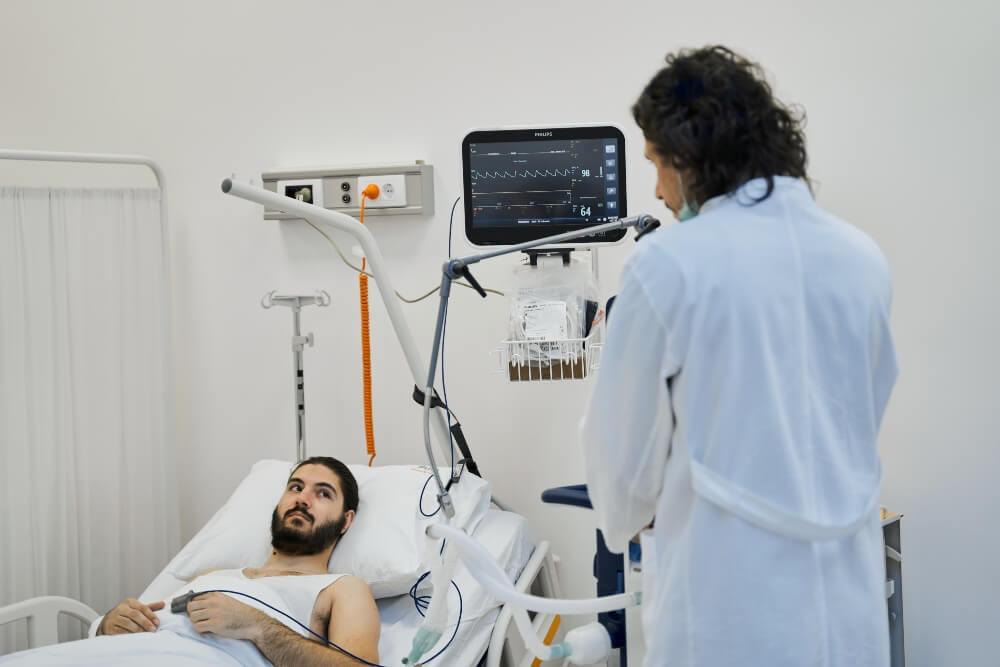What is cholesterol?
Cholesterol is a fat-like waxy substance found in all cells of your body. The body needs a little cholesterol to create hormones, vitamin D and substances that help digest food. Your body makes all the cholesterol it needs. Cholesterol is also found in foods from animal sources, such as egg yolks, meat and cheese.
If you have too much cholesterol in your blood, it can combine with other substances in your blood to create plaque. Plaque sticks to the walls of your arteries. This plaque buildup is known as atherosclerosis. This can lead to coronary artery disease, where your coronary arteries narrow or even block.
Hypercholesterolemia is a condition in which the level of total cholesterol and LDL cholesterol is high.
Hyperlipidemia refers to elevated levels of lipids (fats) in the blood, both cholesterol and triglycerides. Although hyperlipidemia is not a reason for a person to feel bad, it can significantly increase the risk of coronary heart disease (CHD).
Hyperlipidemia belongs to dyslipidemias and means an increase in cholesterol and / or triglycerides with low levels of HDL (high density lipoprotein) in plasma, which contributes to the faster development of atherosclerosis.
What are HDL, LDL and VLDL?
HDL (high density lipoproteins), LDL (low density lipoproteins) and VLDL (very low density lipoproteins) are lipoproteins. They are a combination of fats (lipids) and proteins. Lipids must be bound to proteins in order to move through the blood. Different types of lipoproteins have different purposes:
HDL stands for high density lipoprotein. It is sometimes called “good” cholesterol, because it transfers cholesterol from other parts of the body back to the liver. Then your liver removes cholesterol from the body.
LDL stands for low density lipoprotein. It is sometimes called “bad” cholesterol because high levels of LDL lead to the accumulation of plaque in the arteries.
VLDL stands for very low density lipoprotein.
Some people also call VLDL “bad” cholesterol because it also contributes to the accumulation of plaque in the arteries. But VLDL and LDL are different; VLDL mainly carries triglycerides, and LDL mainly cholesterol.
What causes high cholesterol?
The most common cause of high cholesterol is an unhealthy lifestyle. This may include:
- Unhealthy eating habits, such as eating large amounts of bad fats. One type of saturated fat is found in some types of meat, dairy products, chocolate, bakery products and fried and processed foods. The second type, trans fat, is in fried and processed foods. If you eat these fats, you can raise LDL (bad) cholesterol.
- Lack of physical activity, with lots of sitting and little exercise. This lowers your HDL (good) cholesterol.
- Smoking, which lowers HDL cholesterol, especially in women. It also raises LDL cholesterol.
- Genetics can also lead to people having high cholesterol. For example, familial hypercholesterolemia (FH) is an inherited form of high cholesterol. Other medical conditions and certain medications can also cause high cholesterol.
What can increase the risk of high cholesterol?
Various things can increase the risk of high cholesterol:
- Cholesterol levels tend to rise as you age. Although less common, younger people, including children and teenagers, may also have high cholesterol.
- High blood cholesterol can occur in families.
- Being overweight or obese increases cholesterol levels.
What health problems can high cholesterol cause?
If you have large plaque deposits in your arteries, the plaque area may rupture (open up). This can lead to the formation of a blood clot on the surface of the plaque. If the clot becomes large enough, it can mainly or completely block blood flow in the coronary artery.
If the flow of oxygen-rich blood to your heart muscle is reduced or blocked, it can cause angina (chest pain) or a heart attack.
Plaque can also build up in other arteries in your body, including arteries that carry oxygen-rich blood to your brain and limbs. This can lead to problems such as carotid artery disease, stroke and peripheral artery disease.
How can I lower my cholesterol?
You can lower your cholesterol through changes in your heart-healthy lifestyle. They include a healthy diet, weight management and regular physical activity.
If lifestyle changes alone do not lower your cholesterol levels enough, you may need to take medication as well. Several types of cholesterol-lowering drugs are available, including statins. If you are taking cholesterol-lowering drugs, you should still continue to make lifestyle changes.
Some people with familial hypercholesterolemia (FH) may receive a treatment called lipoprotein apheresis. This treatment uses a filtration machine to remove LDL cholesterol from the blood. The machine then returns the rest of the blood back to the body.





